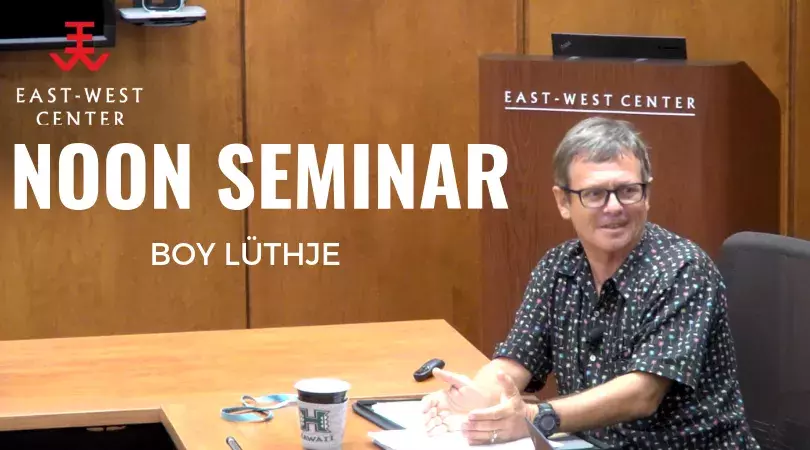Error message

The seminar will examine China’s industrial-policy master plan “Made in China 2025” under the conditions of rapid digitization of value chains and increased international conflicts over trade, intellectual property, and socio-economic governance. At its inception around 2015, the program emphasized the automation of manufacturing as a key strategy to develop China from a “large” to a “strong” manufacturing power. Since around 2017, the focus has gradually shifted from a manufacturing-centered perspective to approaches driven by China’s massive digital infrastructures in e-commerce, mobility, new energy, and the industrial internet. At the same time, the social core issues of industrial upgrading—namely workforce training, working conditions, wages, and employment conditions—remain unaddressed. Our analysis relates to the broader logic of China’s socio-economic rebalancing, which has been the subject of an EWC project since 2014. The seminar will discuss perspectives of integrated industrial policies “from below” that could connect technological, organizational, and workforce-related upgrading at local and sector levels. The analysis is based on ongoing field research in the Pearl-River-Delta region, China’s largest manufacturing base.
Video of Boy Lüthje's presentation on 08/08/19 at East-West Center:

The seminar will examine China’s industrial-policy master plan “Made in China 2025” under the conditions of rapid digitization of value chains and increased international conflicts over trade, intellectual property, and socio-economic governance. At its inception around 2015, the program emphasized the automation of manufacturing as a key strategy to develop China from a “large” to a “strong” manufacturing power. Since around 2017, the focus has gradually shifted from a manufacturing-centered perspective to approaches driven by China’s massive digital infrastructures in e-commerce, mobility, new energy, and the industrial internet. At the same time, the social core issues of industrial upgrading—namely workforce training, working conditions, wages, and employment conditions—remain unaddressed. Our analysis relates to the broader logic of China’s socio-economic rebalancing, which has been the subject of an EWC project since 2014. The seminar will discuss perspectives of integrated industrial policies “from below” that could connect technological, organizational, and workforce-related upgrading at local and sector levels. The analysis is based on ongoing field research in the Pearl-River-Delta region, China’s largest manufacturing base.
Video of Boy Lüthje's presentation on 08/08/19 at East-West Center:







